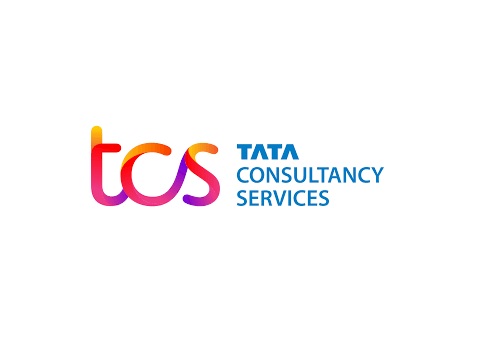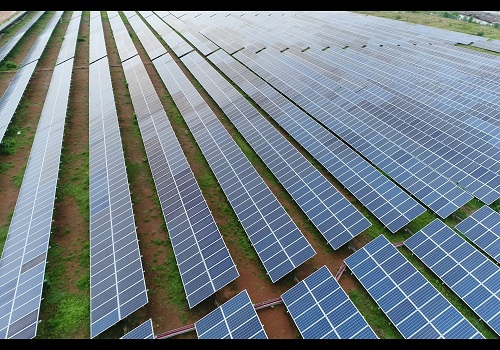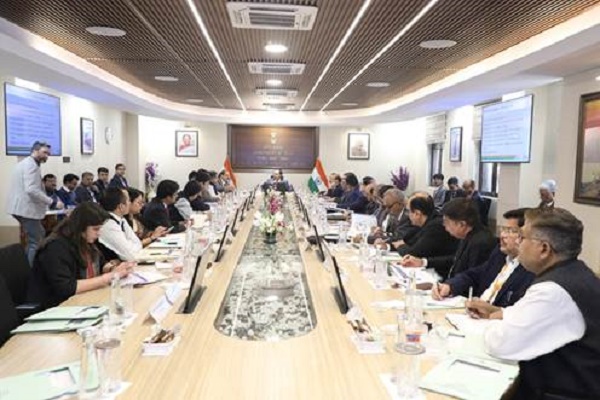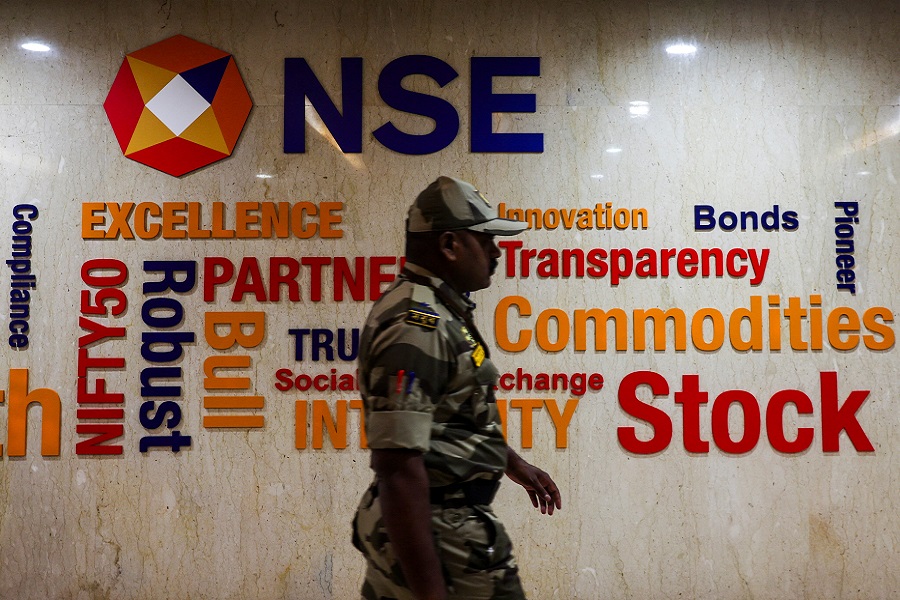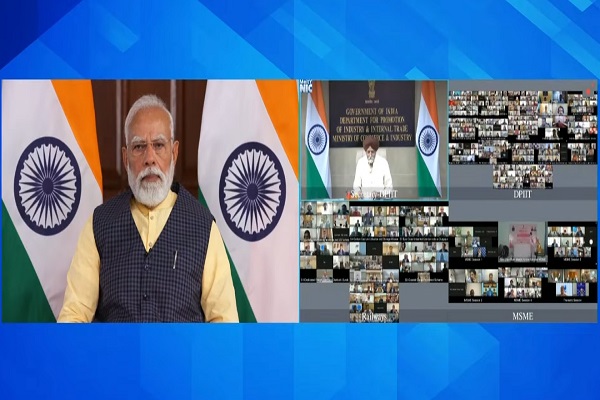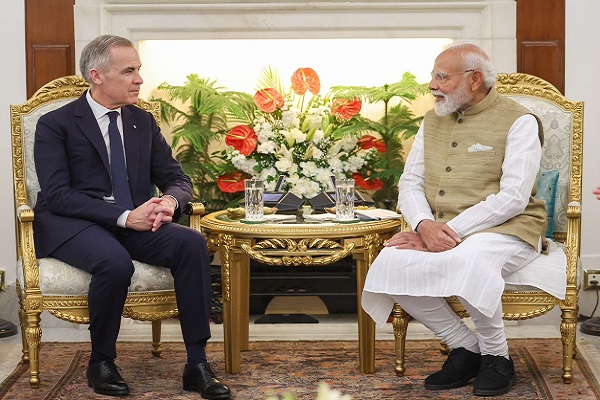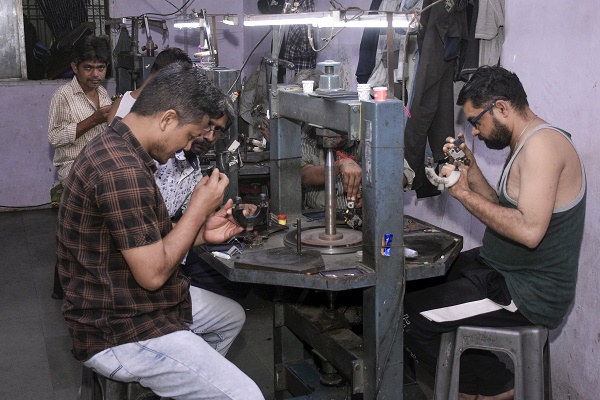India`s downstream textile sector gets support from QCO revocation amid US tariffs
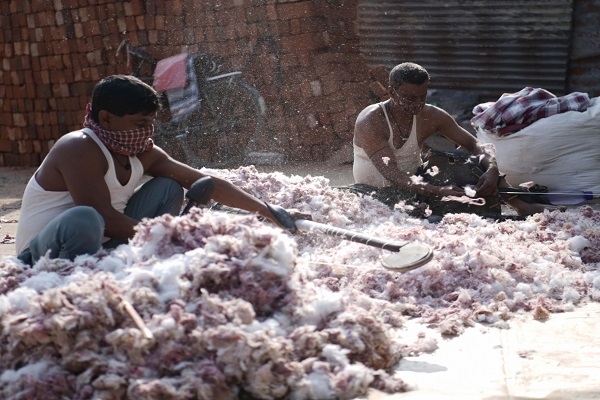
The government’s recent decision to rescind the Quality Control Order (QCO) on several polymer and fibre intermediates will ease raw?material costs for the readymade garments sector, according to a report on Thursday.
The move will provide respite to the tariff-impacted downstream textiles segments, particularly readymade garments, which will now have access to more competitively priced raw material imports, said the report from Crisil Ratings.
The rating agency's analysis of 20 polyester yarn makers, representing 40-45 per cent of the sector's revenue, found that the move will increase competition for upstream polyester yarn makers.
The Ministry of Chemicals and Fertilisers withdrew the QCO on November 12, 2025, which removed mandatory BIS certification on imported yarn.
The mandatory BIS certification was imposed in October 2023 to curb cheaper polyester imports from China.
“As polyester yarn is a more affordable substitute for cotton yarn, it is extensively used to manufacture value and mid-premium garments. The removal of QCO should provide a breather to the downstream textile industry, which has been impacted by high tariffs on exports to the US,” said Gautam Shahi, Director, Crisil Ratings.
The move is expected to expand the supply of cheaper imported yarn, giving relief to export?oriented garment and home?textile units facing headwinds from a 50 per cent tariff on shipments to the United States, the statement said.
Notably, the readymade garment segment derives 25-30 per cent of its revenue from exports, of which a third are to the US stands to benefit the most, while home textiles, more cotton?dependent, will see limited gains.
Crisil said the lower realisations due to competition from imported yarn and softened crude oil prices will likely keep revenue growth for polyester yarn manufacturers flat at 3-5 per cent next fiscal, even amid a volume uptick due to the reduced GST rate.





